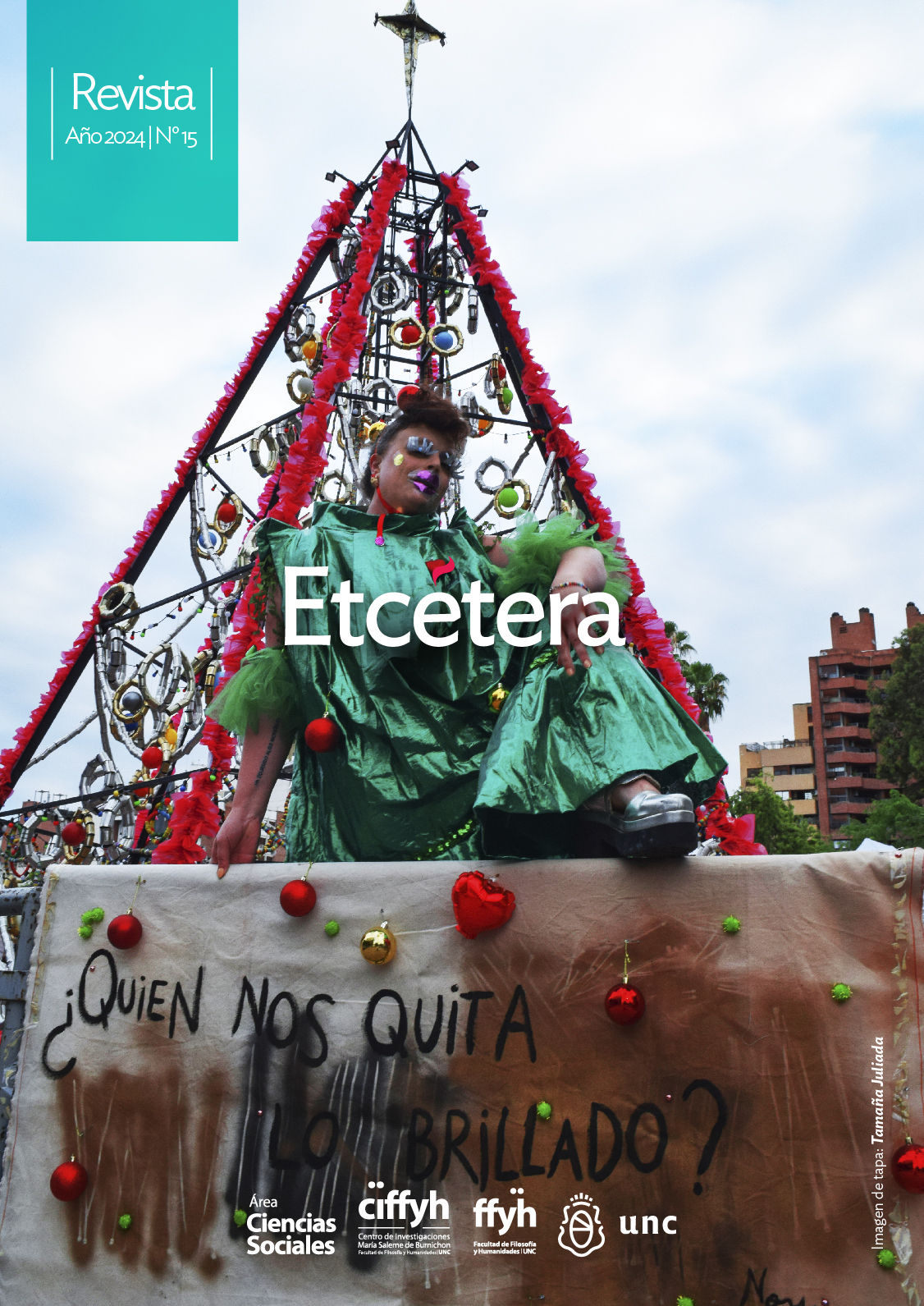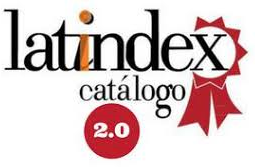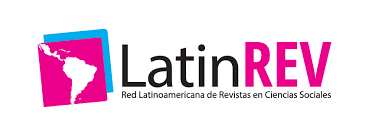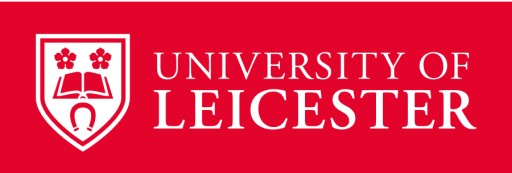Queer futurity and childhood innocence: beyond the injury of development.
Translation of de Dyer, H. (2016). Queer futurity and childhood innocence: beyond the injury of development. Global Studies of Childhood, 7(3), 290-302
Keywords:
childhood, sexuality, LGBTQ, nation-stateAbstract
Because it is so often said that children are the future, queer theory’s attention to (and searing debates on) queer futurity offers something new and important to studies of childhood. Drawing on and deepening recent attempts to meld the fields of childhood studies and queer theory, I dwell on the contradiction that results from the synchronous assumptions of the child’s a-sexuality and proto-heterosexuality to show how emphasizing sexuality within a discussion of children’s education is constructive. In the service of my interest in the renewal of thought concerning children’s psychosexual development, I offer a critical reading of the It Gets Better social media campaign (particularly, its consequent critiques and revisions). I begin with engagement of Eve Sedgwick’s 1991 seminal essay on queer childhood How to bring your kids up gay and then, from there, trace contemporary queer theory’s use of the figure of the child and consideration of the impact of “innocence” on childhood. In an effort to consider the contemporary residues of historical violence on theories of “healthy” child development, I also consider how histories of colonialism and trans-Atlantic slavery extend into the future and leave traces on contemporary theories of child development.
Downloads
References
Allen, L. (2011). Young people and sexuality education. Rethinking key debates. Basingstoke: Palgrave Macmillan.
Britzman, D. (1998). Lost subjects, contested objects. Toward a psychoanalytic inquiry of learning. Nueva York: State University of New York Press.
Britzman, D. (2003). After education. Anna Freud, Melanie Klein, and psychoanalytic histories of learning. Nueva York: State University of New York Press.
Bruhm, S. y Hurley, N. (2004). Curiouser: on the queerness of children. Minneapolis: University of Minnesota Press.
Burt, T.; Gelnaw, A. y Lesser, L. K. (2010). Do no harm. Creating welcoming and inclusive environments for Lesbian, Gay, Bisexual, and Transgender (LGBT) families in early childhood settings. Young Children, vol. 65, núm. 1, pp. 97-102. Washington: National Association for the Education of Young Children.
Butler, J. (1993). Critically queer. GLQ. A Journal of Lesbian and Gay Studies, vol. 1, núm. 1, pp. 17-32. Durham: Duke University Press. https://doi.org/10.1215/10642684-1-1-17
Davies, C. y Robinson, K. (2010). Hatching babies and stork deliveries. Risk and regulation in the construction of children’s sexual knowledge. Contemporary Issues in Early Childhood, vol. 11, núm. 3, pp. 246-262. SAGE Journals. https://doi.org/10.2304/ciec.2010.11.3.24
Edelman, L. (2004). No future. Queer theory and the death drive. Durham: Duke University Press.
Georgis, D. (2013). The better story. Queer affects from the Middle East. Buffalo: State University of New York Press.
Goltz, D. B. (2013). It gets better. Queer futures, critical frustrations and radical potentials. Critical Studies in Media Communication, vol. 30, núm. 2, pp. 135-151. Washington: National Communication Association. https://doi.org/10.1080/15295036.2012.701012
Hagglund, S. (1993). The gender dimension in children’s learning of prosocial competence in early educational settings. European Early Childhood Education Research Journal, vol. 1, núm. 2, pp. 67-80. Reino Unido: EECERA. https://doi.org/10.1080/13502939385207461
Halberstam, J. (2011). The queer art of failure. Durham: Duke University Press.
Janmohamed, Z. (2010). Queering early childhood studies. Challenging the discourse of developmentally appropriate practice. Alberta Journal of Educational Research, vol. 56, núm. 3, pp. 304-318. Canadá: University of Alberta.
Kelleher, P. (2004). How to do things with perversion. Psychoanalysis and the child in danger. En: S. Bruhm y N. Hurley (eds.), Curiouser: on the queerness of children (pp. 151-171). Minneapolis: University of Minnesota Press.
Kincaid, J. R. (1998). Erotic innocence. The culture of child molesting. Durham: Duke University Press.
King, J. R. (1997). Keeping it quiet. Gay teachers in the primary grades. En: J. Tobin (ed.), Making a place for pleasure in early childhood education (pp. 235-250). New Haven: Yale University Press.
Matthews, S. (2009). Hitler’s car as curriculum text. Reading adolescents reading history. Journal of the Canadian Association for Curriculum Studies, vol. 7. núm. 2, pp. 49-85. Canadá: CACS. https://doi.org/10.25071/1916-4467.22342
Muñoz, J. E. (2009). Cruising utopia. The then and there of queer futurity. Nueva York: New York University Press.
Nyong’o, T. (2010, 30 de septiembre). School daze. Bully Bloggers. Estados Unidos. https://bullybloggers.wordpress.com/2010/09/30/school-daze/
Nyong’o, T. (2011). Have you seen his childhood? Song, screen, and the queer culture of the child in Michael Jackson’s music. Journal of Popular Music Studies, vol. 23, núm. 1, pp. 40-57. Estados Unidos: Wiley. https://doi.org/10.1111/j.1533-1598.2010.01263.x
Owen, G. (2010). Queer theory wrestles the “Real” child. Impossibility, identity, and language in Jacqueline Rose’s The Case of Peter Pan. Children’s Literature Association Quarterly, vol. 35, núm. 3, pp. 255-269. Baltimore: Johns Hopkins University Press. https://doi.org/10.1353/chq.2010.0007
Puar, J. (16 de noviembre de 2010). In the wake of it gets better. The Guardian. Londres, Reino Unido. www.guardian.co.uk/commentisfree/cifamerica/2010/nov/16/wake-it-gets-better-campaign?showallcomments=true#comment-fold
Robinson, K. H. (2005). “Queerying” gender. Heteronormativity in early childhood education. Australasian Journal of Early Childhood, vol. 30, núm. 2, pp. 19-28. Australia: ECA. https://doi.org/10.1177/183693910503000206
Robinson, K. H. (2008). In the name of “childhood innocence”. A discursive exploration of the moral panic associated with childhood and sexuality. Cultural Studies Review, vol. 14, núm. 2, pp. 113-129. Australia: University of Melbourne y University of Technology Sydney. https://doi.org/10.5130/csr.v14i2.2075
Robinson, K. H. (2012). “Difficult citizenship”. The precarious relationships between childhood, sexuality and access to knowledge. Sexualities, vol. 15, núm. 3-4, pp. 257-276. SAGE Journals. https://doi.org/10.1177/1363460712436469
Robinson, K. H. (2013). Innocence, knowledge, and the construction of childhood. The contradictory nature of sexuality and censorship in children’s contemporary lives. Londres: Routledge.
Ruffolo, D. V. (2009). Queering child/hood policies. Canadian examples and perspectives. Contemporary Issues in Early Childhood, vol. 10, núm. 3, pp. 291-208. SAGE Journals. https://doi.org/10.2304/ciec.2009.10.3.291
Sedgwick, E. K. (1991). How to bring your kids up gay. Social Text, vol. 29, núm. 1, pp. 18-27. Durham: Duke University Press. https://doi.org/10.2307/466296
Sedgwick, E. K. (2004). How to bring your kids up gay. En: S. Bruhm y N. Hurley (eds.), Curiouser: on the queerness of children (pp. 139-150). Minneapolis: University of Minnesota Press.
Silin, J. G. (1995). Sex, death, and the education of children. Our passion for ignorance in the age of AIDS. Nueva York: Teachers College Press.
Smith, A. (2010). Queer theory and native studies. The heteronormativity of settler colonialism. GLQ. A Journal of Lesbian and Gay Studies, vol. 16, núm. 1-2, pp. 41-68. Durham: Duke University Press. https://doi.org/10.1215/10642684-2009-012
Stockton, K. B. (2009). The queer child, or growing sideways in the Twentieth Century. Durham: Duke University Press.
Tobin, J. (1997). The missing discourse of pleasure and desire. En: J. Tobin (ed.), Making a place for pleasure in early childhood education (pp. 1-37). New Haven: Yale.
Warner, M. (1999). The trouble with normal. Sex, politics and the ethics of queer life. Cambridge: Harvard University Press.
Wolfe, R. B. (2006). Choosing to include gay issues in early childhood teacher preparations coursework. One professor’s journey. Journal of Early Childhood Teacher Education, vol. 27, núm. 2, pp. 195-204. Taylor & Francis. https://doi.org/10.1080/10901020600675174
Downloads
Published
Issue
Section
License
Copyright (c) 2024 Etcétera. Revista del Área de Ciencias Sociales del CIFFyH

This work is licensed under a Creative Commons Attribution-NonCommercial-ShareAlike 4.0 International License.
Aquellos autores/as que tengan publicaciones con esta revista, aceptan los términos siguientes:
- Los autores/as conservarán sus derechos de autor y garantizarán a la revista el derecho de primera publicación de su obra, el cuál estará simultáneamente sujeto a la Licencia de reconocimiento de Creative Commons que permite compartir, copiar, distribuir, ejecutar y comunicar públicamente la obra, siempre que: 1) se cite la autoría y la fuente original de su publicación (revista, editorial y URL de la obra); 2) no se use para fines comerciales; 3) En caso que se transforme o genere una obra derivada a partir de esta obra, deberá compartise bajo las mismas condiciones establecidas por esta licencia.
- Los autores/as podrán adoptar otros acuerdos de licencia no exclusiva de distribución de la versión de la obra publicada (p. ej.: depositarla en un archivo telemático institucional o publicarla en un volumen monográfico) siempre que se indique la publicación inicial en esta revista.
- Se permite y recomienda a los autores/as difundir su obra a través de Internet (p. ej.: en archivos telemáticos institucionales o en su página web) luego de la publicacion del articulo, lo cual puede producir intercambios interesantes y aumentar las citas de la obra publicada. (Véase El efecto del acceso abierto).
- El titular del copyright es Etcétera. Revista del Área de Ciencias Sociales del CIFFyH.



















